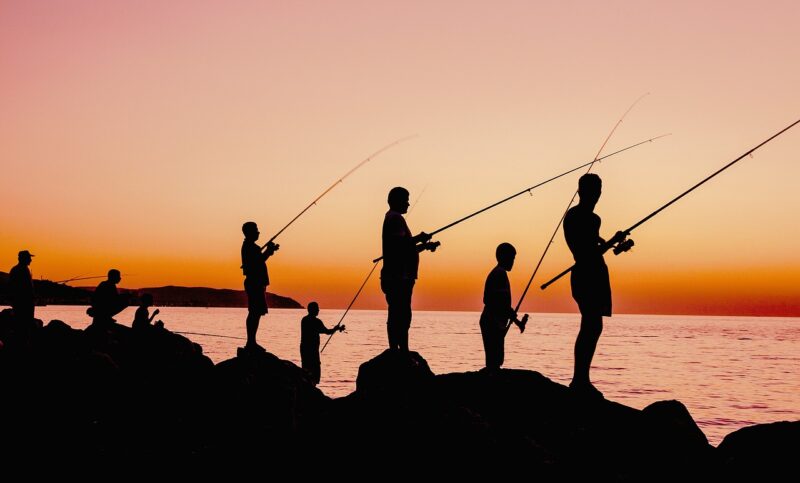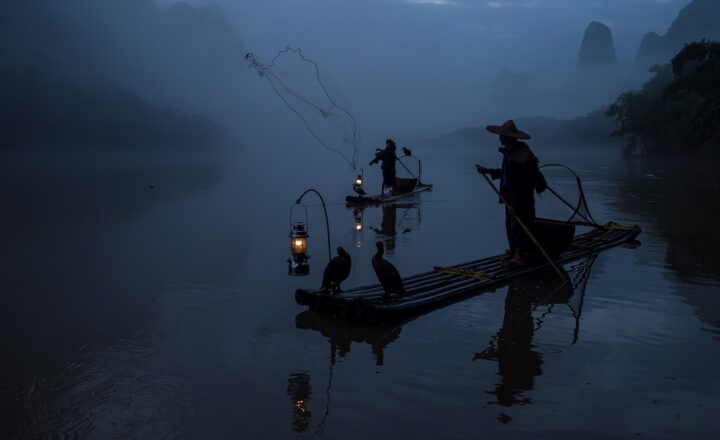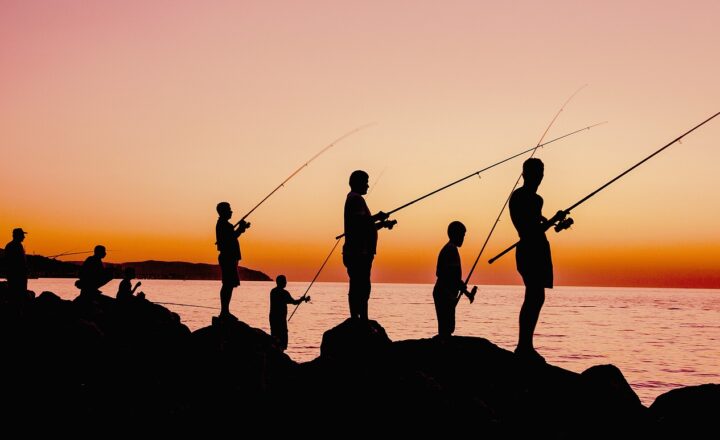A Deep Dive into the World of Sustainable Fishing Practices
November 17, 2024

Sustainable fishing practices are at the forefront of global discussions about environmental conservation and the future of our oceans. As the world grapples with overfishing, habitat destruction, and the effects of climate change, transitioning towards sustainable fishing methodologies has never been more critical. This extensive guide delves into what sustainable fishing really means, its importance, current practices, and what individuals and communities can do to support this imperative movement.
1. Understanding Sustainable Fishing
Sustainable fishing refers to methods used to catch fish that consider the long-term health of fish populations and the ecosystems they inhabit. It embodies a holistic approach to fishing, ensuring that practices not only provide economic benefits but also manage resources responsibly and protect the ocean environment.
**Key Principles of Sustainable Fishing:**
– **Resource Management:** Balancing fish population levels with the capacity of the ocean to regenerate those populations.
– **Eco-Friendly Practices:** Employing fishing techniques that minimize bycatch and damage to marine environments.
– **Community Involvement:** Engaging local communities in fishing decisions and practices to foster accountability and stewardship.
– **Regulatory Compliance:** Adhering to national and international regulations designed to protect marine life.
Sustainable fishing seeks to ensure that future generations can enjoy healthy fish stocks and vibrant marine ecosystems.
2. The Importance of Sustainable Fishing
The impact of fishing on the environment is immense, and unsustainable practices can lead to biological collapse of fish stocks, extinction of species, and disruption of marine ecosystems. Here’s why sustainable fishing is critical:
– **Preservation of Biodiversity:** Healthy fish populations contribute to overall marine biodiversity. Overfishing disrupts the balance of the ecosystem, leading to the decline of not only target fish species but also those that rely on them.
– **Economic Stability for Communities:** Many communities around the world depend on fishing for their livelihoods. Sustainable practices ensure that these communities can continue to thrive without depleting their resources.
– **Food Security:** Fish is an essential source of protein for billions of people. Sustainability ensures that fish remains plentiful and safe to eat now and in the future.
– **Combating Climate Change:** Healthy oceans are vital for carbon sequestration. Sustainable fishing can help protect coral reefs and other habitats that sequester carbon, contributing to the fight against climate change.
3. Current Sustainable Fishing Practices
Over the years, many fishing practices have evolved to become more sustainable. Here are a few widely recognized methods in use today:
– **Catch Shares:** This approach allocates a specific percentage of the total fish catch to individual fishermen or cooperatives, incentivizing them to manage their resources sustainably.
– **Selective Fishing Gear:** Using tools designed to reduce bycatch, such as circle hooks or fish traps, which allow non-target species to escape.
– **Seasonal Closures:** Implementing fishing moratoriums during breeding seasons can help replenish fish stocks.
– **Aquaculture:** Farming fish can reduce pressure on wild populations. However, it must be done sustainably to prevent environmental degradation (e.g., pollution from fish farms).
– **Ecosystem-Based Fishery Management (EBFM):** This approach evaluates fish populations in the context of their entire ecosystem, managing fisheries to maintain ecological balance.
4. Challenges Facing Sustainable Fishing
Despite the movement towards sustainable practices, the fishing industry faces numerous challenges that hinder its progress:
– **Overfishing:** Many fish species remain caught at unsustainable levels due to high demand and lack of effective management.
– **Illegal Fishing:** Unregulated and illegal fishing operations undermine conservation efforts and create unfair competition for licensed fishers.
– **Climate Change:** Changing ocean temperatures and acidification directly impact fish habitats and populations, making it harder to predict sustainable yields.
– **Economic Pressures:** Fishermen often feel pressured to prioritize short-term profits over sustainable practices due to market demands.
– **Globalization:** Increased demand for fish in new markets can lead to overfishing and exploitation of distant fisheries.
5. How Individuals Can Support Sustainable Fishing
Everyone can play a role in promoting sustainable fishing. Here are a few ways you can support this important movement:
– **Choose Sustainable Seafood:** Look for eco-labels like the Marine Stewardship Council (MSC) or the Aquaculture Stewardship Council (ASC) when purchasing seafood.
– **Educate Yourself and Others:** Spread awareness about sustainable fishing practices and the consequences of overfishing.
– **Support Local Fishermen:** Buy seafood directly from local fishers who practice sustainable methods, thereby fostering community economies.
– **Reduce Waste:** Minimize the waste you create and promote initiatives aimed at reducing plastic pollution affecting marine life.
– **Advocate for Policy Change:** Support policies and organizations that work to protect marine ecosystems and promote sustainable fishing practices.
By making informed choices and encouraging others to do the same, we can all contribute to the health of our oceans.
Conclusion
Transitioning to sustainable fishing practices is essential for the long-term health of our oceans, fish populations, and fishing communities. By understanding the importance of sustainable practices, recognizing the challenges we face, and implementing changes at both individual and community levels, we can work towards preserving our precious marine ecosystems for future generations.
Join the movement towards sustainable fishing today—because a healthy ocean is not just beneficial, it’s vital for life on Earth.







